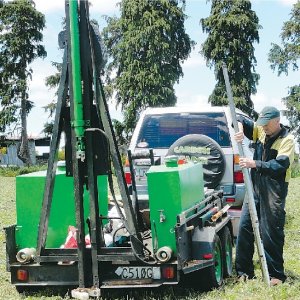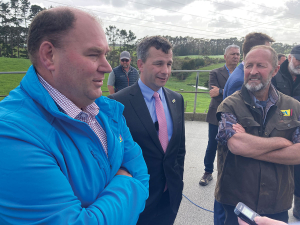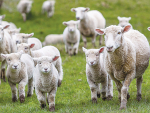Our current ETS doesn't make provision, yet, for selling soil carbon, but there are buyers on world markets hungrily looking for carbon credits just about anywhere, says Helen Robinson.
Robinson, once chief executive of Microsoft NZ, set up the first carbon and environmental registry in the world, TZ1, at the behest of NZX in 2007. This was sold to the worldwide registry company Markit Group in 2009 and she spent the next two years dashing around the world as global managing director, environmental markets.
"The trick is to get a thoroughly reliable and consistent measurement system, which will stand up to validation by any of the world's knowledgeable experts. The more reliable the validation, the better the price that can be asked for each unit."
Peter Floyd and his eCogent colleagues say they are able to do reliable soil carbon testing, and take many other measurements to determine what's driving, or undermining, farm profitability. They have built a trailer-mounted machine to do deep soil testing, taking cores to 3m deep anywhere in New Zealand.
Core samples are taken at fixed points in pastures three times each year, and are backed up by visual soil assessments and lots of worm counting.
It's been suggested that, because New Zealand soils have fairly high levels of carbon, it won't be possible to sequester more. But Floyd says what goes on in the soil itself only counts for 40% of the key performance indicators of sequestration. Of the remainder, 30% relates to pasture management on top: species, residuals, Brix levels, stocking rate and pasture growth. The final 30% is down to livestock management: calving or lambing dates, dry off dates, liveweight gain or MS/day production, etc.
So there are plenty of things to tweak, says Floyd, And if you get enough of them right, and measure the difference they make, they could just grow you enough carbon to have credible units for sale.
"Using several trial farms over the last few years we've already proved soil carbon can be increased, possibly up to 5% a year."

















